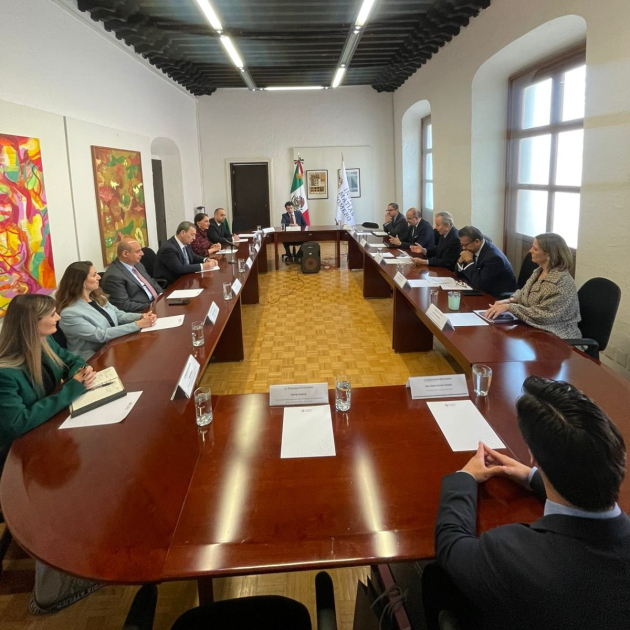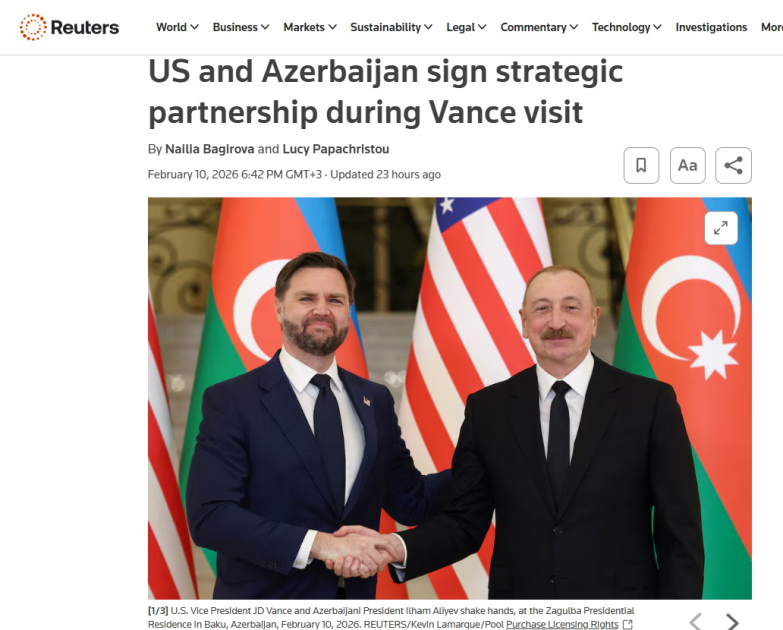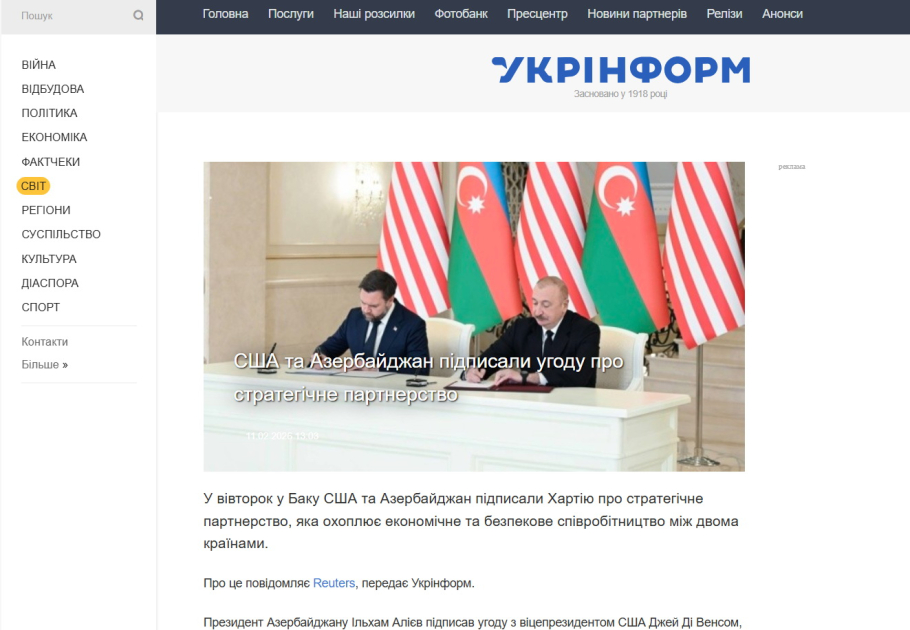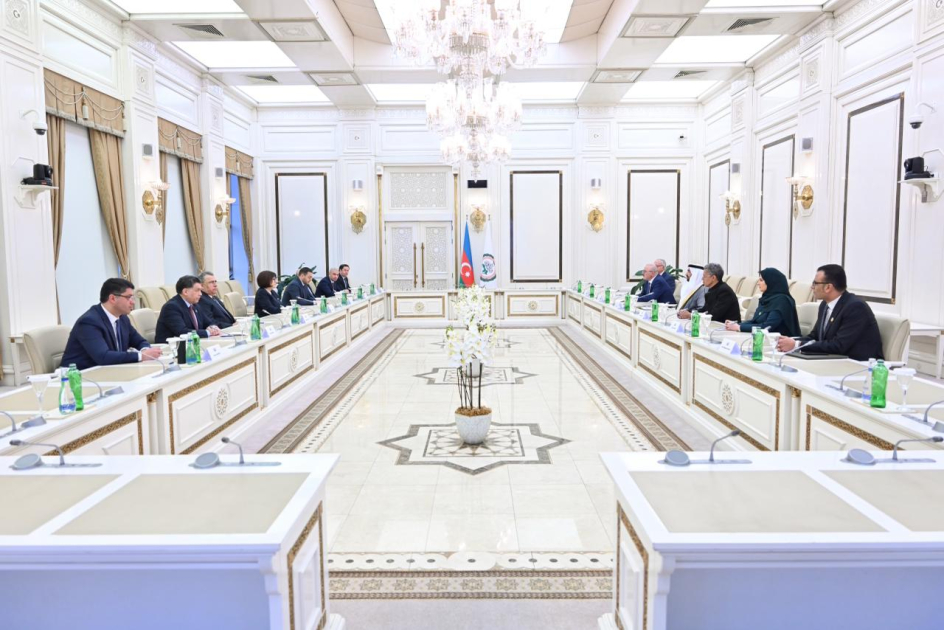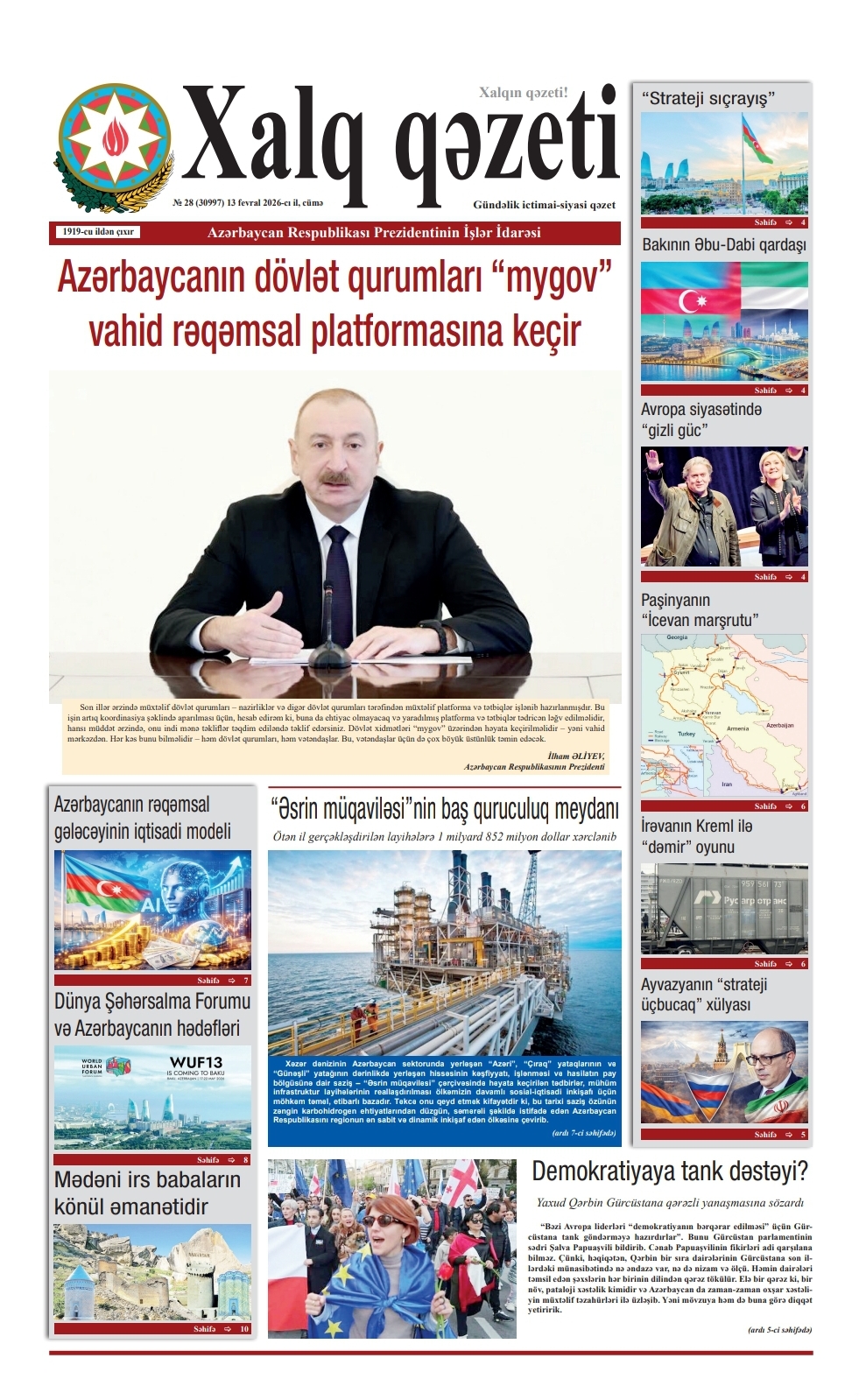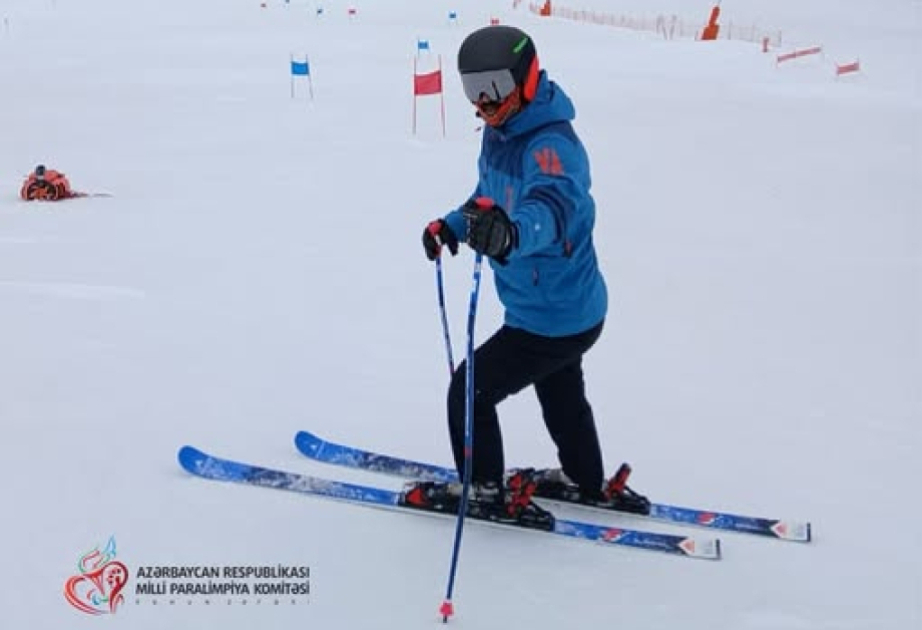Chairman of the Commission of the Armenian Parliament Kocharyan reminded Ohanyan of the Khojaly murderer
In Nikol Pashinyan's team, the ranks of those who have accepted historical truths and current reality and started to think objectively and soundly are expanding. This can be considered a positive trend that will ultimately be beneficial for the people themselves.
Andranik Kocharyan, the chairman of the National Defense and Security Commission of the Armenian Parliament, made the confession we made in the headline, not an ordinary Armenian. Speaking about the return of 4 out of 7 Azerbaijani villages in Tavush district, which are not enclaves, during his speech on public television, Kocharyan said it is important to find a solution to the border issue and to stop the border troops on the line established between the two countries.
"Tomorrow they will come and sit in our place, blood will be spilled. The villages should be returned to Azerbaijan", according to the MP, the solution to the problem is to determine the borders through negotiations and prevent additional bloodshed. A. Kocharyan reacted to his colleague and party member Petros Kazaryan's statement that the problem was that the Azerbaijanis did not return what they took: "We also took a lot of things from them (Azerbaijan - ed.), we even said that we would not give them back. But what happened in the end? These issues should ultimately be resolved based on international law. Every time we draw a state border, the concept of what we should buy and what we should not give disappears. "If you don't stop your perversity today, who will be to blame when the security issue of our country is solved tomorrow?"
Kocharyan, who conveyed these ideas not only to the attention of professor Kazaryan, but also to the attention of the Armenian public as a whole, showed the contours of the political position of the government to the opposition as well.
Acting in accordance with the strategic line determined by the government, Kocharyan tried to clarify the question of which maps will be used to delimit the border. He highlighted the importance of compromise in this matter: "Simply, you need to go through a certain path to find the optimal option. Now we are busy looking for where that map is. After the collapse of the Soviet Union, the Alma-Ata Declaration, signed in 1991, specified the exact border line between the two countries. It is true that there are different maps. For example, they say that the map of 1920 is normal. But we say that the map of 1926 is more appropriate. In this matter, there is no problem with Kalbajar at all. After all, before there was no dividing line on the border for Armenia, and even the problem of water resources did not exist."
Stating that the maps have changed over time and positions have shifted, the chairman of the parliamentary commission emphasized that it should be accepted as a reality that they are there and they are sitting here: "Their troops have been deployed today and they are actually still in the sovereign territory of Armenia. Finally, this point is a very good key to approach other problems from a little distance. The problem is that the border line should be drawn, the troops should be deployed with a mirror effect, and the border troops should stand along that dividing line."
In an interview with Armenian Public Television, Andranik Kocharyan responded to Seyran Ohanyan (former Minister of Defense of Armenia, one of the organizers of the Khojaly genocide, who is calling on the residents of Tavush province not to leave their villages, to take up arms and fight). explained what dangers can be expected. Ohanyan would do well to explain in the same tone what else could happen if we do not follow the logic that leads to peace. The reality is: what's ours is ours, and what's theirs is theirs."
Andranik Kocharyan then suggested that Seyran Ohanyan, instead of scaring the people and returning to Yerevan, should not return from Tavush region, but should stay there and "fix" the local area defense problems and use his "rich" experience.
The advice given by the chairman of the commission of the Hayastan parliament to General Ohanyan of Hayastan applies to all former "Karabakh" generals and officers.
Elkhan SAHINOGLU,
Head of "Atlas" Research Center, political commentator
- Nikol Pashinyan understands the reality that if he does not return the four villages, the possibility of a clash between the two countries may increase. The return of the villages could also speed up the signing of the peace agreement. Because Pashinyan then says that Armenia wants to participate in regional projects. The author of those projects is Azerbaijan. For the normalization of bilateral relations, the villages should be returned, certain issues related to the Zangezur corridor should be resolved.
Yes, there are people around Pashinyan who think like him. For example, speaker Alen Simonyan, as the prime minister, gave a message to the Armenian society that if the four villages are not returned, war with Azerbaijan may be inevitable. That is, the power team is currently engaged in healthy nature. They say that those villages do not belong to Armenia. Simonyan even said that someone should come out and prove that those villages belong to Armenia. Of course, the four villages have nothing to do with them. Andranik Kocharyan, chairman of the parliamentary commission, is committed to the same strategy. Probably, after discussing these issues in closed meetings, Pashinyan chooses a single strategy and makes statements according to it.
But recently, the Armenian opposition has also become active. Radical diversity and separatists have united against the current government. Samvel Shahramanyan, the "leader" of the latter, told the French publication that they are still continuing their activities. However, the separatist who escaped from Karabakh officially announced that he had left all the structures of the organization.
Annoyed by Shahramyan's statement, Pashinyan declared that there is only one government and one power in Armenia. It just delays the resolution of these issues. The opposition is still trying to create fear of terrorism inside. They threaten that the country will be engulfed in terror if the government is not overthrown. One of Pashinyan's goals in holding closed meetings is to check whether there is a crack in his team. Although there is no such threat yet, time is working against the Armenian authorities. Nikol Pashinyan's only and right way out is to quickly achieve peace and join regional cooperation with Azerbaijan and Turkey.
I. HASANGALA
XQ


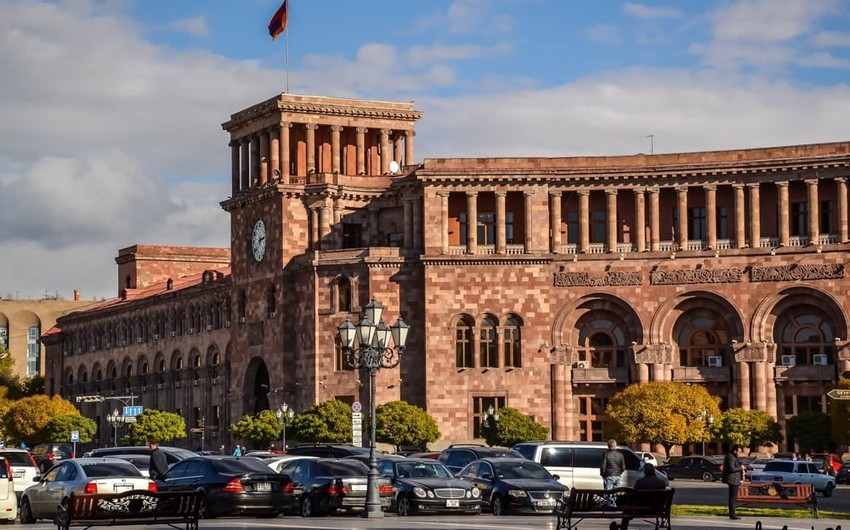

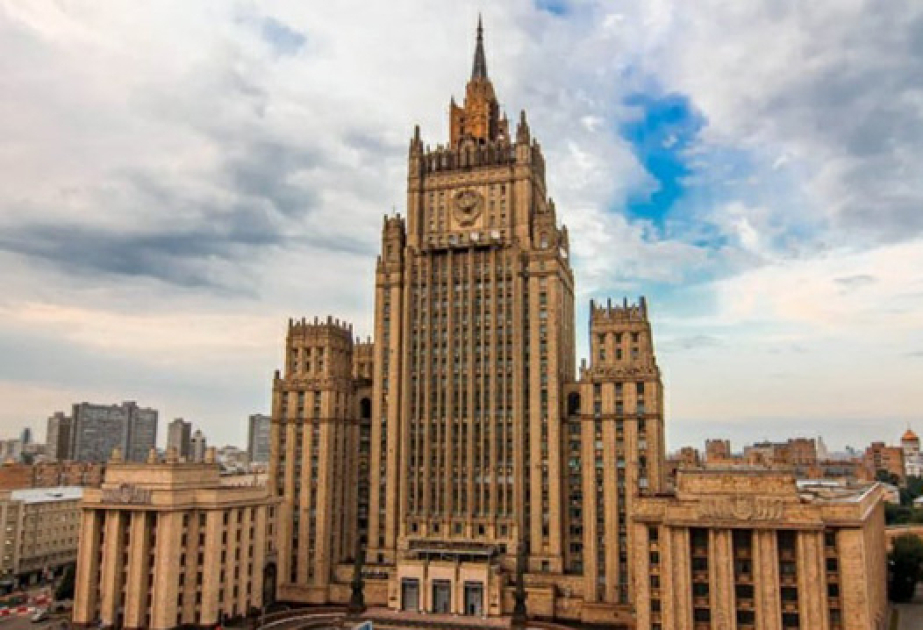
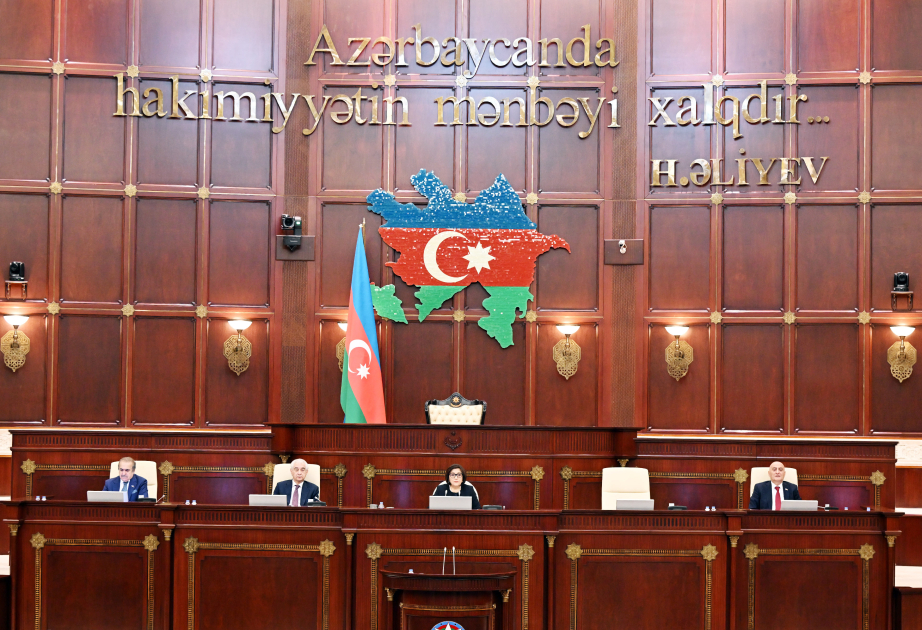
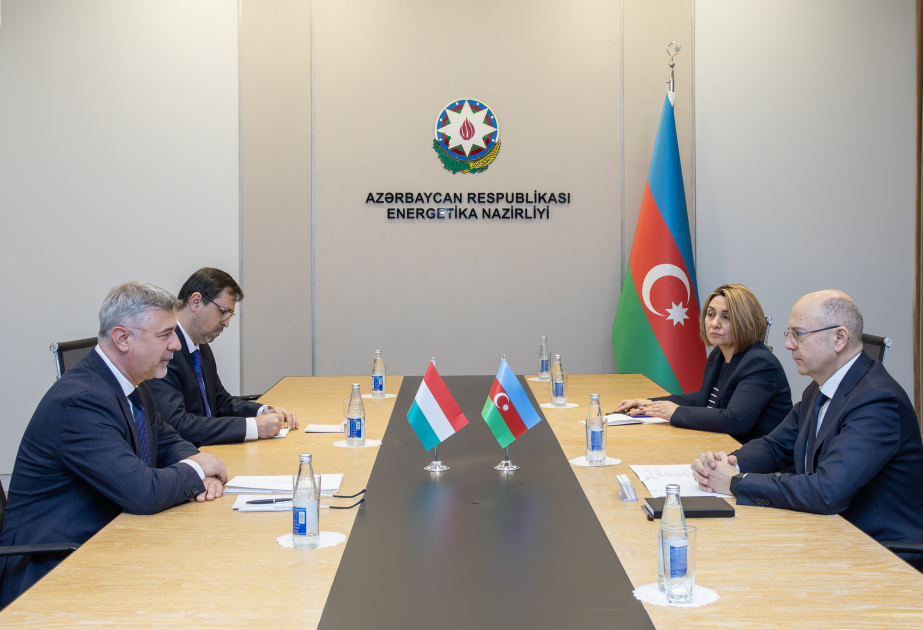
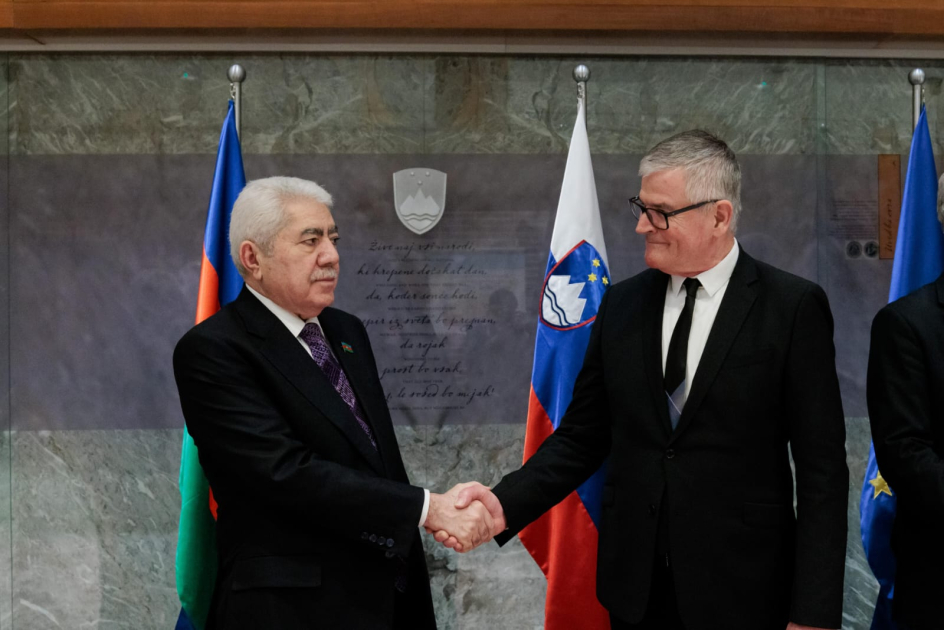
.png)
